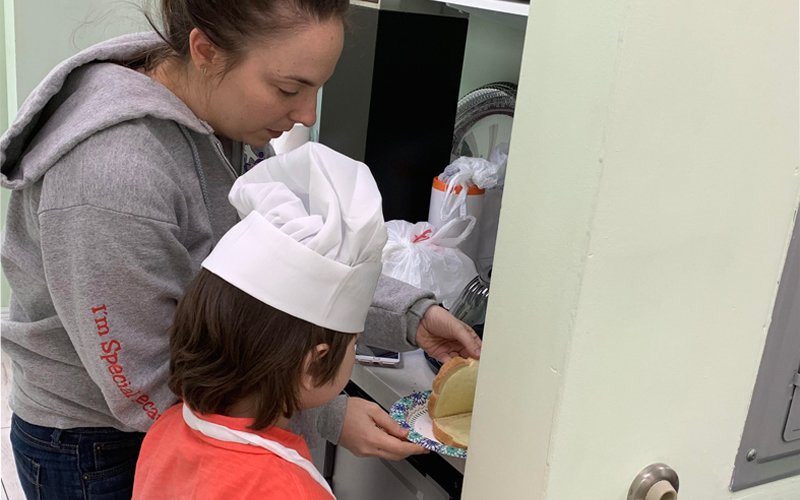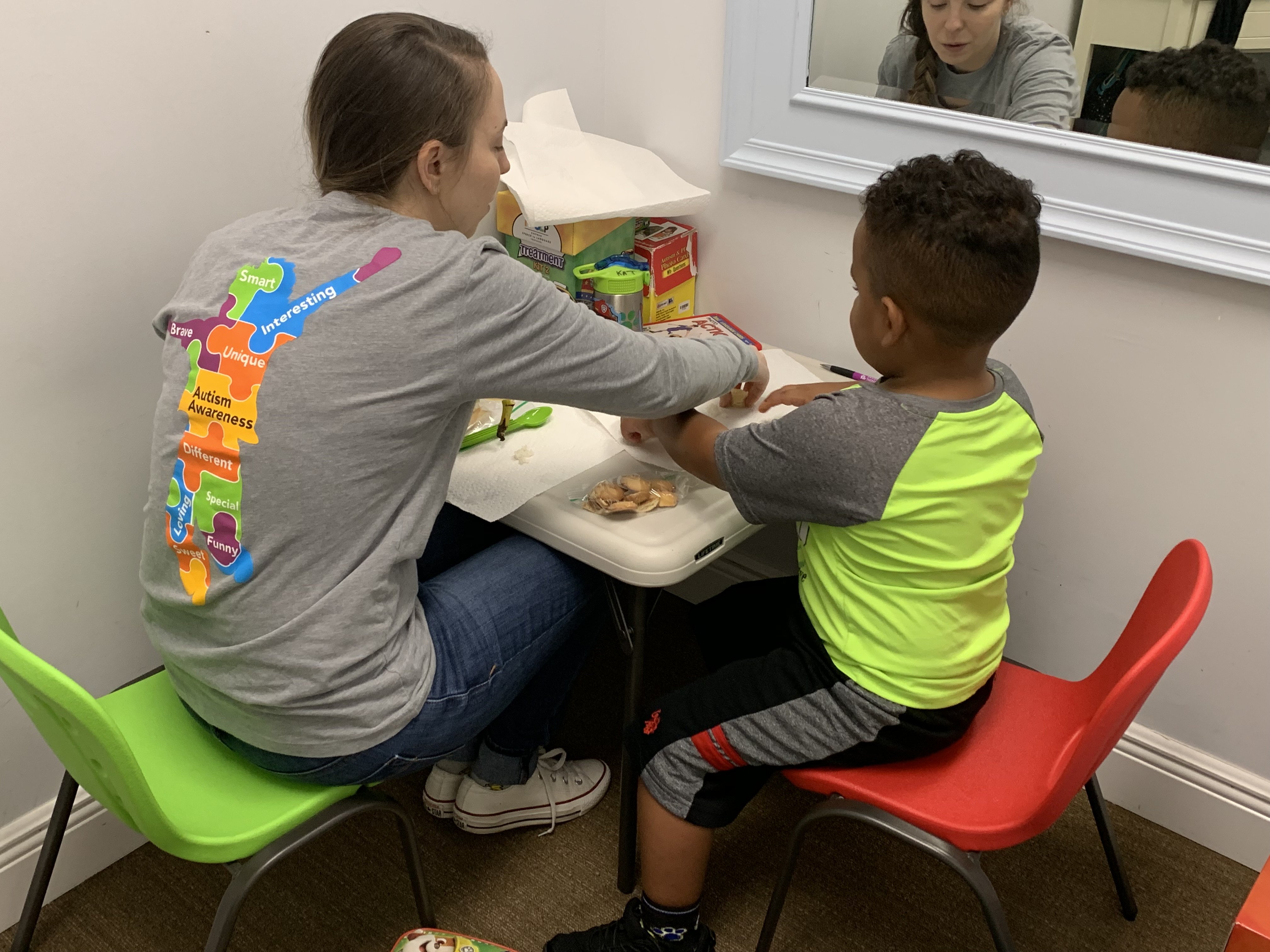10 Benefits of Feeding Therapy for Children with Autism
As parents of children with autism, we understand how challenging it can be for families to navigate feeding difficulties in their children. Feeding therapy is an essential service that we provide at My Favorite Therapists to help children overcome these challenges and achieve optimal nutrition and growth. Here are some of the benefits of feeding therapy:
- Improved Nutritional Intake: Feeding therapy helps children improve their nutritional intake by teaching them how to accept and tolerate a greater variety of foods. This can help ensure that they receive the necessary vitamins and nutrients for healthy growth and development.
- Improved Oral Motor Function: Feeding therapy can also improve oral motor function, which is essential for chewing, swallowing, and speaking. This can help children eat more efficiently and with less effort, reducing the risk of choking or aspiration.
- Reduced Sensory Defensiveness: Many children with autism have sensory defensiveness, which can make it difficult for them to tolerate certain textures, flavors, or temperatures of foods. Feeding therapy can help reduce sensory defensiveness and increase tolerance for a greater variety of foods.
- Improved Mealtime Behavior: Feeding therapy can also improve mealtime behavior by reducing food aversions and other challenging behaviors. This can make mealtime a more enjoyable and positive experience for both children and their families.
- Increased Independence: As children learn to accept and tolerate a greater variety of foods, they can become more independent with feeding and require less assistance from caregivers.
- Increased Socialization: Feeding therapy can also increase socialization opportunities for children with autism. As they learn to eat a greater variety of foods and participate in mealtime activities, they may feel more comfortable and confident in social settings involving food. This can help improve social skills and interactions with peers and family members.
- Improved Quality of Life: Feeding difficulties can be stressful for both children and their families. By improving feeding skills and reducing challenging behaviors, feeding therapy can improve the overall quality of life for everyone involved.
- Comprehensive Care: Feeding therapy is often integrated with other therapies, such as occupational therapy and speech therapy, to provide comprehensive care for children with autism.
- Customized Treatment: Feeding therapy is customized to meet the specific needs of each child. Treatment plans are developed based on the child’s feeding history, medical status, and sensory needs.
- Experienced Professionals: Feeding therapy is conducted by experienced professionals who have specialized training and expertise in working with children with feeding difficulties. They use evidence-based interventions and techniques to help children achieve their feeding goals.

At My Favorite Therapists our ABA therapy center for children with autism, we offer feeding therapy as a specialized service to help children overcome feeding difficulties and achieve optimal nutrition and growth. Our team of experienced professionals works closely with families to develop customized treatment plans that meet the unique needs of each child.
We use evidence-based interventions and techniques to help children accept and tolerate a greater variety of foods, improve oral motor function, reduce sensory defensiveness, and improve mealtime behavior. If you have concerns about your child’s feeding, please contact us to schedule a consultation.
Hours at the Therapy Center
Monday – Friday: 8:00 am – 6:00 pm
Saturday: By appointment only
Sunday: Closed



